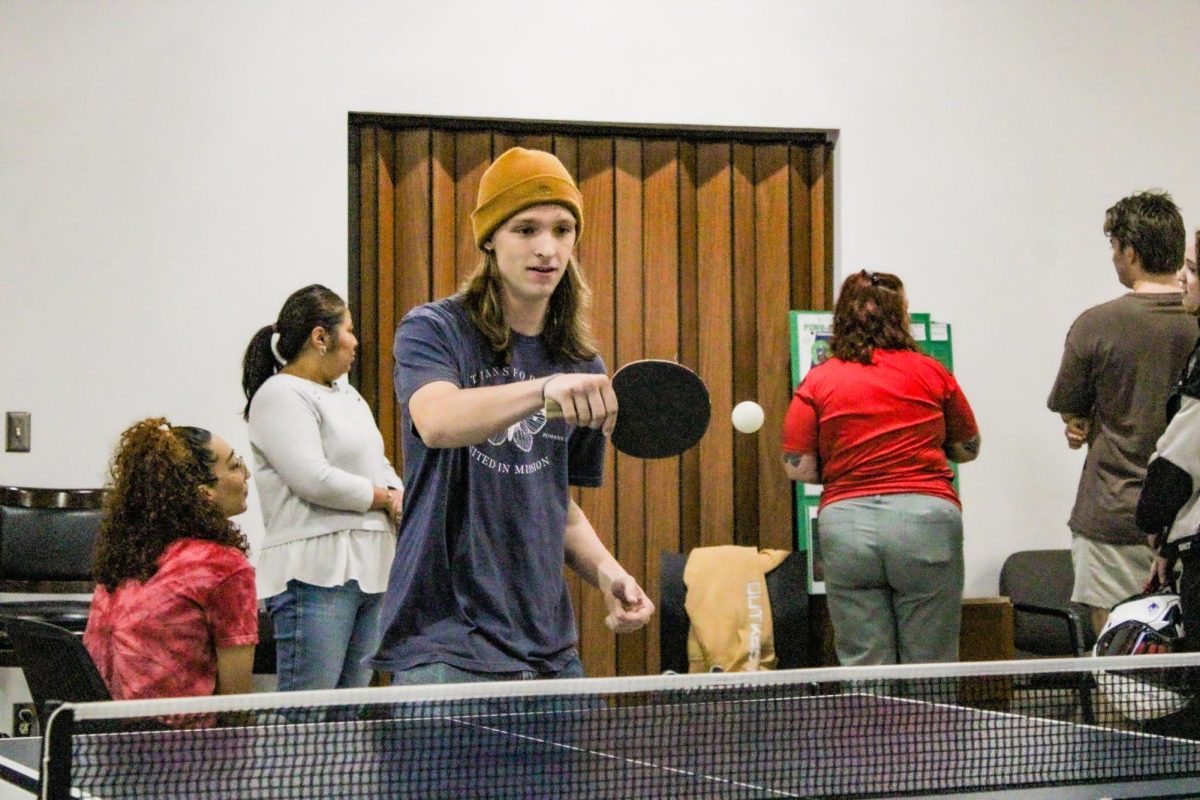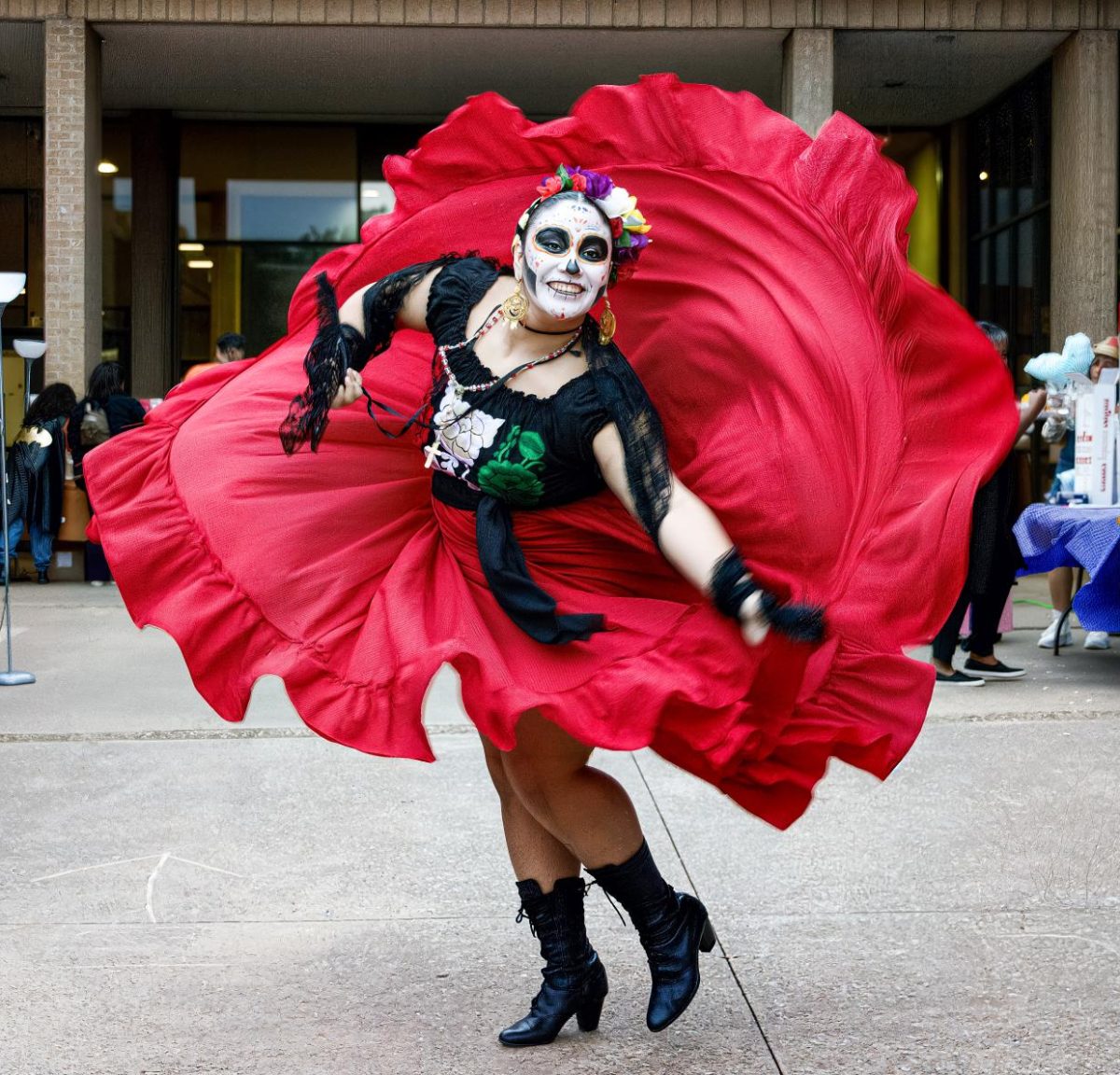By Michael Foster-Sanders/campus editor
Faculty member finds success despite facing racism, discrimination
The journey of life is different for every human.
Some will have a traditional linear path while others are going to have pit stops and crossroads. The latter describes Marjeanna Burge’s path.
Burge was one of seven children in a single-parent, fatherless home. During her adolescent years, her grandparents took her and another sibling in. Her grandfather was full-blood Comanche Native American, and he made sure she knew her heritage by having her around family and participate in traditions and events.
“Comanche Nation is located outside of Lawton, Oklahoma, and it’s a community called Cache which is where my grandfather was born,” she said. “We went over there on a regular basis, visited with family and went to cultural events like pow-wow’s and reunions to keep us connected to the people there.”
Burge lived with her grandparents until the ninth grade and then she went back to stay with her mother in Oklahoma City. It was a challenge adapting to a big city school since she was used to the country life. But her experience at John Marshall High School was made even more overwhelming due to the racism and discrimination she also faced, Burge said.
“I went to a very racially charged high school that was experiencing some riots and a lot of racial tension,” she said. “Being very shy and coming from a small country school of about 300 students and going to a high school of 3,000, it was an experience that I won’t forget for a long time.”
Some people want to go back and relive their high school years but not Burge. She said her memories were not great and wouldn’t do it again, but it did help shape her into the person she is today.
Burge didn’t go to college directly after graduating high school in 1977. She got married, had children and started to work at Lockheed Martin.
While working at Lockheed, she got divorced and was laid off from the company shortly after, but the silver lining in that, Burge said, was the company helped laid-off workers go to a college or start a business.
College was the choice for Burge and she chose TCC’s South Campus to start her higher education career, but the path wasn’t as clear cut as it seemed.
“I got my two-year associates on South Campus, and it was a long hard road. I had to quit and was gone for seven years before I returned back to school due to life challenges,” she said.
Now as the NE intercultural student engagement coordinator, Burge said those experiences have helped her better serve students.
“It helps me understand students who have a lot of outside barriers they’re facing in life, and I can relate to them and encourage them that if you can’t keep going to school right now, you can always come back.”
During those several years of being off from school, Burge started to work for a nonprofit organization, which made her interested in working within professional development.
She wanted to finish her bachelor’s degree and in order to have the guidance and support she desired, Burge opted to finish her education at Haskell Indian Nation University in Lawrence, Kansas, one of the only tribal colleges in the nation.
“I wanted the experience of being immersed in a tribal community, and it was phenomenal. I’ll never ever forget that experience,” she said. “It had its challenges, and I felt like a fish out of water due to not being raised on a reservation or being fully assimilated, but it was truly invaluable the lessons I learned. I love sociology, so to me it was like a microcosm of the larger picture to what Indian country looks like throughout the nation right there on campus.”
Burge said she’s always been interested in diversity and different cultures which led to her traveling across the globe to countries like Ireland and Africa participating in international think tanks for racial reconciliation in addition to talking to locals about the challenges they face.
“I think that’s what makes life beautiful is various cultures and being a Native American, knowing that the nature during my grandfather’s generation was to strip them of their identity of being Native American,” she said. “I feel so strongly about holding on to your culture and learning what you can.”








































